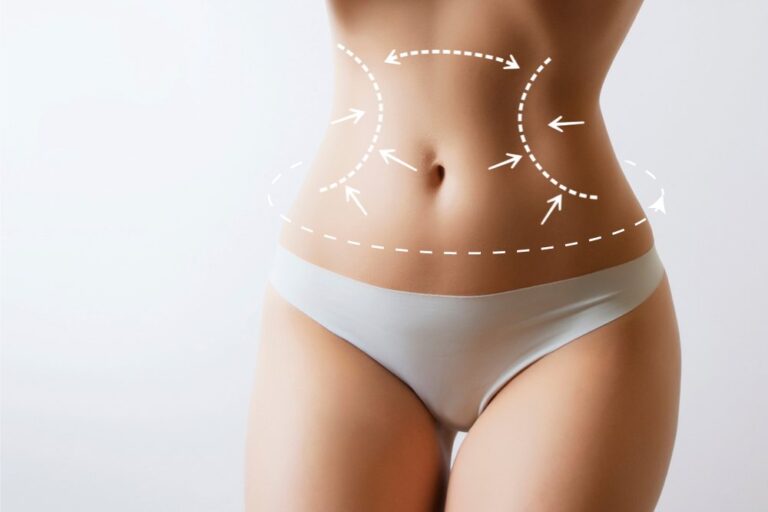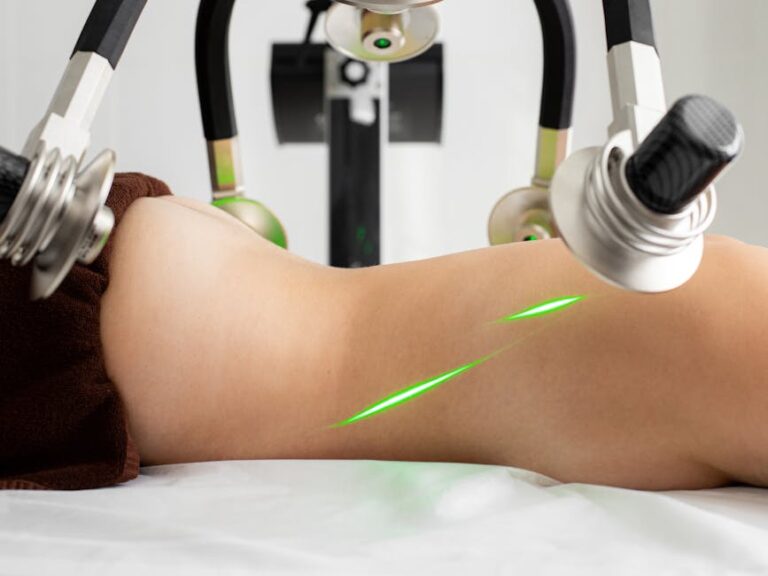The Connection Between Hormones and Weight Loss After 50

After age 50, hormone levels begin to shift in both men and women. These changes affect metabolism, appetite, fat storage, and energy levels. For women, menopause brings a drop in estrogen, which influences how the body distributes and retains fat. Men often experience a gradual decline in testosterone, affecting muscle mass and metabolism. These hormonal shifts create a different landscape for weight loss than what many individuals experienced in their younger years.
Hormones help regulate where fat is stored and how the body accesses energy. Estrogen plays a role in fat distribution, often directing it to the hips and thighs during earlier life stages. As levels decrease, fat is more likely to collect around the abdomen. Lower testosterone may reduce muscle mass, which in turn lowers the resting metabolic rate. When metabolism slows, the body burns fewer calories at rest, making weight loss more challenging. Insulin resistance may also increase with age, contributing to fluctuations in blood sugar and appetite.
Thyroid Function
Thyroid hormones regulate the body’s metabolism. Even a slight decrease in thyroid hormone production can slow calorie burn and lead to fatigue. Hypothyroidism becomes more common with age and often goes unnoticed until symptoms like weight gain or sluggishness become more pronounced. A health provider can assess thyroid function with a simple blood test. If levels are low, treatment options may include medication and changes in nutrition or exercise.
Cortisol and Chronic Stress
Cortisol, the body’s primary stress hormone, tends to rise during periods of prolonged physical or emotional stress. Higher levels of cortisol have been linked to increased fat storage around the midsection. Adults over 50 may experience more cumulative stress related to career shifts, caregiving, or health concerns. Chronic stress may lead to disrupted sleep, inconsistent meals, and lower activity—all of which impact weight loss. Managing stress through exercise, sleep, or mindfulness techniques can help bring cortisol into balance.
Strength Training
Hormonal changes can reduce muscle mass, which lowers calorie burn throughout the day. Strength training helps rebuild and maintain muscle tissue, improving the body’s ability to use energy efficiently. Resistance bands, weights, or bodyweight exercises support strength without requiring long gym sessions. Even moderate resistance training twice a week can support weight loss and improve insulin sensitivity. As muscle increases, so does metabolism—helping offset some of the hormonal changes associated with aging.
Nutrition
The right foods can support hormonal health and promote better energy balance. A balanced intake of protein, healthy fats, and fiber helps stabilize blood sugar and reduce cravings. Protein supports muscle repair and satiety, making it easier to stay full with fewer calories. Healthy fats, including those from nuts, seeds, and olive oil, contribute to hormone production. Reducing added sugars and refined carbohydrates helps improve insulin response. A registered dietitian can help tailor a plan that supports both hormonal health and long-term weight loss goals.
Sleep
Sleep influences several hormones tied to appetite and metabolism. Poor sleep increases ghrelin, which stimulates hunger, and reduces leptin, which signals fullness. This imbalance can lead to overeating or difficulty sticking to a nutrition plan. Inconsistent or disrupted sleep also affects insulin sensitivity and cortisol production. Adults over 50 may struggle with sleep changes due to physical discomfort, medication side effects, or hormonal shifts. Prioritizing sleep hygiene and talking with a provider about sleep disruptions may help improve weight regulation.
Understand Weight Loss
For individuals over 50, weight loss often requires more patience and strategic adjustments. Quick fixes and restrictive diets rarely account for hormonal shifts or age-related changes in body composition. Sustainable progress comes from understanding how hormones affect weight and working with—not against—those changes. A focus on movement, balanced meals, and consistent habits can support a gradual reduction in body fat while maintaining strength and energy. Collaboration with a provider may help identify areas for testing or treatment if progress stalls despite effort.
- What to Expect When Visiting a Foot and Ankle Specialist
- Causes of PTSD
- The Link Between Plantar Fasciitis and Weight Gain: What You Need to Know
- How Pet Ownership Can Positively Impact Life with Fibromyalgia
- The Importance of Stretching and Flexibility in Sports Medicine
Dr. Emma Green is a health and wellness expert with over 10 years of experience in nutrition and fitness. Passionate about helping others live their healthiest lives, Dr. Green shares practical advice on wellness, nutrition, and sustainable living through LivingSpristine.






